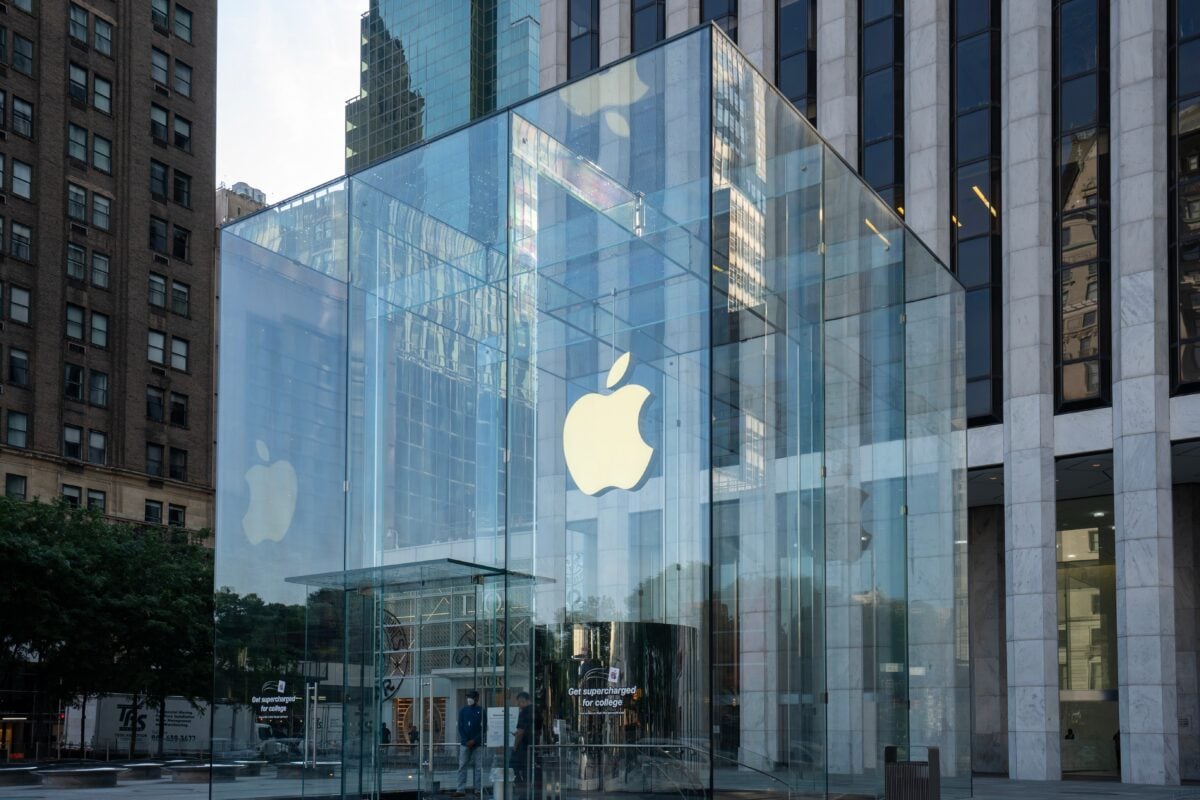TLDR;
Contents
-
Apple is using generative AI to accelerate custom chip design, aiming to boost performance and productivity.
-
Hardware chief Johny Srouji says AI will allow faster, smarter chip development with less manual effort.
-
The company is reportedly in talks to acquire AI startup Perplexity to strengthen its position in the AI space.
-
Apple’s shift toward backend AI integration marks a strategic move to catch up with rivals and reduce reliance on Google.
Apple is taking bold steps to integrate generative AI into its chip design process, signaling a significant shift in its strategy to stay competitive in the fast-moving artificial intelligence space.
With rivals like OpenAI and Google leading the AI race, Apple is looking inward toward its celebrated custom silicon, to regain momentum and redefine performance benchmarks across its product lineup.
Apple Shifts Focus to Backend AI Integration
At the heart of this shift is Johny Srouji, Apple’s senior vice president of hardware technologies, who recently emphasized the transformative potential of generative AI in chip engineering. Speaking in Belgium at an event hosted by the semiconductor research organization Imec, Srouji noted that AI-powered design tools could dramatically increase productivity, allowing Apple to refine and deploy custom chips faster and more efficiently.
This isn’t just a superficial tweak. Apple’s strategy marks a pivot from user-facing AI features, like a smarter Siri or chatbots, toward AI that strengthens the foundation of its devices. Srouji described generative AI as having the potential to produce more design output in less time, promising not just speed but smarter silicon. He also highlighted Apple’s close ties with electronic design automation giants like Cadence and Synopsys, which could help streamline the integration of AI into their chip workflows.
Criticism Mounts Over Apple’s AI Lag
The decision comes at a time when Apple’s AI efforts have faced criticism. At this year’s Worldwide Developers Conference, the company unveiled a new Liquid Glass interface across platforms but revealed little about meaningful AI upgrades. Notably, the long-delayed launch of Personalized Siri has sparked frustration, culminating in a shareholder lawsuit that points to Apple’s sluggishness in AI innovation.
Internally, Apple appears to recognize that it needs to act quickly. Reports suggest that senior executives are weighing the acquisition of Perplexity, an AI-powered search engine startup valued at $14 billion. The move, if it happens, would mark the company’s largest acquisition to date. Sources indicate that while talks are still in early stages, Apple’s interest in Perplexity stems from the startup’s potential to enhance both Siri and Safari’s AI capabilities. If formal talks do not materialize into a deal, a strategic partnership remains on the table.
Notably, behind this push lies the broader goal of insulating Apple’s ecosystem from dependencies, particularly as its longstanding search deal with Google, worth around $20 billion annually, faces scrutiny from antitrust regulators. Apple is clearly hedging its bets, and AI, especially in the realm of hardware optimization, could be its next competitive edge.
Apple Silicon Still the Company’s Crown Jewel
Reflecting on Apple’s silicon journey, Srouji described the leap from Intel chips to Apple Silicon as a high-stakes move without a fallback plan. That gamble has since paid off, delivering better performance, improved thermal efficiency, and tighter hardware-software integration. Now, Apple is betting again, this time, that generative AI can do for chip design what Apple Silicon did for the Mac.
The question now is how quickly Apple can translate this internal shift into consumer-ready breakthroughs. If successful, it could not only accelerate chip innovation but also lay the foundation for more capable and AI-optimized products in the years to come.


